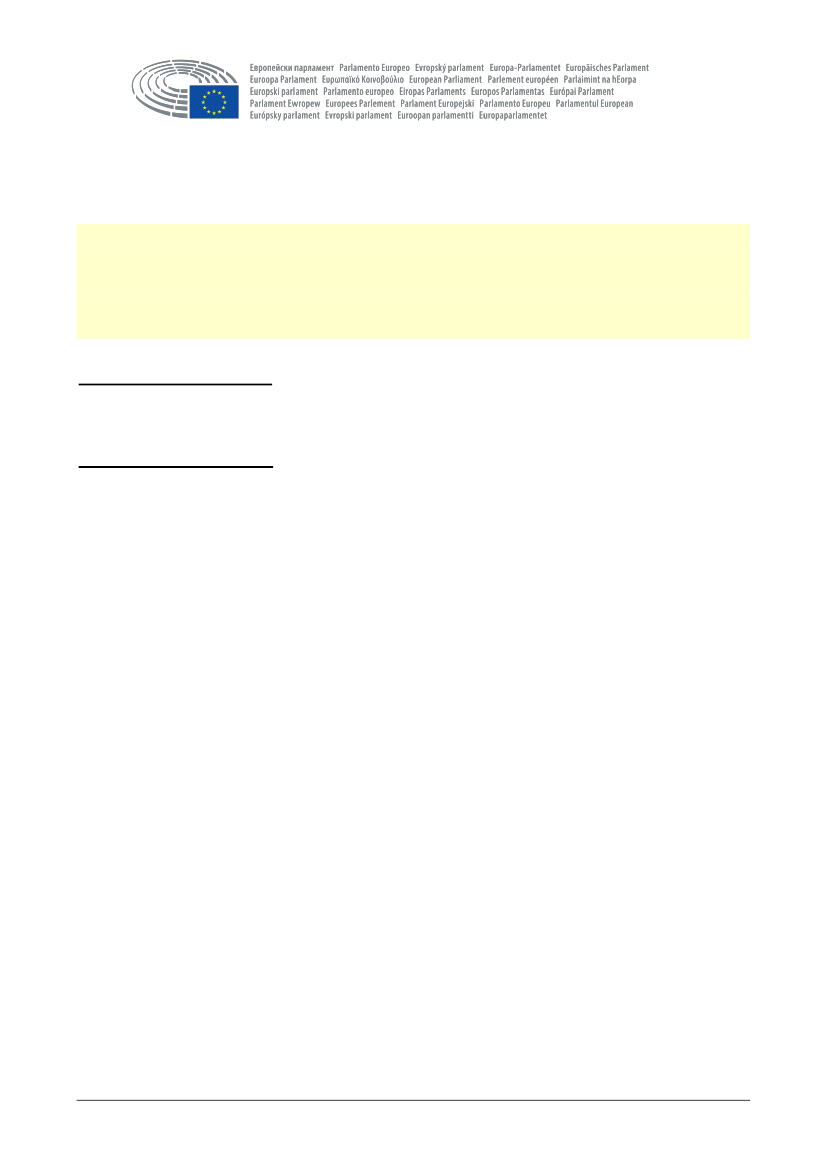
Draft Programme (dated 17/12/2015):
Including ICM draft topics
European Semester Conference 2016
European Parliament,
Brussels, 16 February 2016
Monday, 15 February 2016
Evening
Arrival of delegations / M
eetings of the political groups (S&D (tbc))*
Tuesday, 16 February 2016
Morning
Arrival of delegations
08.00 - 10.00
Registration of participants from national Parliaments
The registration desk is located at the "Espace Simone Weil" entrance on the ground
floor of the Altiero Spinelli Building (side Place du Luxembourg)
8.00 – 10.00
10.00 - 11.30
Meetings of the political groups (EPP (tbc) and ALDE (tbc))*
Plenary session (part 1):
The revamped European Semester and the role of the European
Parliament and national parliaments
Meeting room: Hemicycle (Paul-Henri Spaak Building, 3rd floor)
Chaired by Mr. Martin Schulz, President of the European Parliament (tbc)
Key notes and exchange of views with
Mr. Jean-Claude Juncker, President of the European Commission (tbc) and
Mr. Donald Tusk, President of the European Council (tbc).
11.30-13.00
Plenary session (part 2):
Policy priorities of the 2016 European Semester Cycle
Meeting room: Hemicycle (Paul-Henri Spaak Building, 3rd floor)
Co-chaired
by the Chairs of the ECON and EMPL Committees of the European Parliament
(tbc)
Exchange of views with the responsible Vice President and Commissioner(s) of the
European Commission (tbc)
Sandwich lunch
Espace Yehudi Menuhin (Paul-Henri Spaak Building, 1st floor)
Possible meetings of the political groups*
* Indicative timing. Meetings of the political groups will be organised by the respective group.
13.00
–
15.00